To relieve chest congestion, try home measures like increasing fluid intake, running a humidifier, or using a decongestant. Still, certain conditions may need prescription treatments.

If you have a lingering cough, it’s often due to accumulated mucus in your chest.
Although this usually isn’t life-threatening, it can lower your quality of life and, if ignored, may cause further complications.
Before consulting a physician, you can attempt several self-care strategies to ease your symptoms at home.
Continue reading to discover practical home remedies and over-the-counter (OTC) options for chest phlegm, and learn when you should contact a healthcare provider.
How can I get rid of chest phlegm with home remedies?
For many people, home treatments are a helpful initial approach. Consider these methods:
1. Increase fluid intake
Drink plenty of fluids. It may seem trite, but this advice is repeated because it’s effective.
Liquids thin mucus. Warm beverages can help loosen chest and nasal mucus, easing congestion and providing temporary relief.
2. Gargle with salt water
Evidence shows that gargling warm salt water can ease cold symptoms, including excess mucus.
Mix one cup of warm, filtered or bottled water with 1/2 to 3/4 teaspoon of salt. Sip, tilt your head back slightly, and gargle for 30–60 seconds. You can also use a saline spray or a neti pot.
3. Keep your head elevated
Try to sleep or rest with your head raised. This helps mucus drain more effectively. Use extra pillows to elevate your head at night.
4. Use a humidifier
Steam helps loosen mucus and reduce congestion. A humidifier from a drugstore can be useful, especially placed near your bed at night to ease breathing while you sleep.
If you prefer DIY options, you can create steam at home by:
- Breathing in steam during a hot shower
- Leaning over a bowl of hot water with a towel draped over your head to trap steam around your face
5. Try honey
Honey has long been used as a natural remedy and has anti-inflammatory qualities. Some evidence suggests it may help reduce nighttime coughing in children.
A review of six randomized trials found indications that honey can be more effective than no treatment, a placebo, or diphenhydramine (Benadryl).
However, honey did not consistently outperform the common cough suppressant dextromethorphan (found in Mucinex, Robitussin, and others).
6. Consider essential oils
Certain essential oils may help loosen chest mucus. A 2020 meta-analysis of seven studies indicates essential oils might ease some respiratory symptoms, though results varied.
Peppermint and eucalyptus oils are commonly used as natural decongestants.
Ways to use essential oils include:
- Diffusing: Use a diffuser or add a couple of drops to a hot bath to release the aroma.
- Inhalation: Put a few drops in hot water, lean over the bowl, and cover your head with a towel to inhale steam for 5–10 minutes.
- Topical application: Dilute 1–2 drops of essential oil with about 12 drops of a carrier oil. Perform a patch test; if no irritation appears in 24 hours, apply to your chest.
Although there are reported benefits, the FDA does not regulate the purity or quality of essential oils. Consult a healthcare professional before use and research the quality of a brand. Always patch-test new oils first.
7. Use a decongestant
Decongestants come in liquid, tablet, or nasal spray forms at most pharmacies. Common OTC choices include:
- oxymetazoline (Vicks Sinex): A nasal spray not intended for use longer than three days.
- pseudoephedrine (Sudafed): Some people with specific health issues should avoid Sudafed.
Follow package directions. Decongestants can raise heart rate and cause insomnia, so you may prefer taking them during daytime hours.
»Learn more:Drugs to Relieve Common Cold Symptoms8. Apply vapor rub to your chest
Vapor rubs contain topical decongestant agents and are applied externally rather than swallowed.
You can commonly apply them to your chest nightly until symptoms subside. Follow the product instructions.
An older 2010 study compared children who received vapor rub, petrolatum, or no treatment; vapor rub provided the most relief from cough and congestion.
A 2017 study also reported better sleep in cold patients using Vicks VapoRub, though it didn’t conclusively attribute the improvement solely to symptom relief.
9. Stop smoking
Smoking can increase airway mucus, so avoiding tobacco is advisable.
Learn more about strategies to quit smoking.
10. Add spicy foods
Include more onions, garlic, lemon, or cayenne pepper in your meals.
A 2018 survey suggests spicy foods may help ease cold and cough symptoms, including reducing mucus. Capsaicin-containing spices may temporarily relieve sinus congestion by stimulating mucus flow.
What other options remove phlegm quickly?
If mucus persists beyond 3–4 days or your symptoms rapidly worsen, your doctor may recommend a prescription-strength decongestant, which is more potent than OTC options.
They might also prescribe a medicated nasal spray to open your nasal passages.
Discuss duration of use with your physician. Using decongestant nasal sprays for more than 3 consecutive days can lead to rebound congestion.
»Learn more:How Long Will It Take Before You’re Over Your Cold?When should I see a doctor?
Schedule a visit if symptoms persist or intensify, particularly if you develop a fever, chest pain, or difficulty breathing.
See a healthcare provider if:
- congestion worsens and lasts longer than 3–4 days
- mucus becomes thicker rather than runny
- mucus turns green or yellow, which may indicate infection
Most of the time, mucus and related congestion resolve within 7–9 days.
»FIND CARE:Find a primary care doctor in your area today.Frequently asked questions
What makes phlegm go away?
If excess mucus lingers, it usually means your body is still fighting an infection or you’re being exposed to an irritant like allergens.
For symptom relief, try increasing fluids, using a humidifier, and taking OTC decongestants. If these measures fail, your doctor may prescribe stronger medication.
Is mucus beneficial or harmful?
You need mucus to keep mucous membranes moist and to trap allergens and microbes entering your nose and mouth. However, excessive mucus typically signals a respiratory issue like a cold, allergies, or asthma.
Why do I have mucus in my throat?
Mucus coats the moist surfaces of organs such as lungs, sinuses, and mouth. When your body fights an infection or reacts to an allergen, it produces more mucus.
Takeaway
Several home remedies—gargling with salt water, using essential oils, or taking OTC decongestants—can help ease chest congestion.
However, if symptoms persist or worsen, prescription medication may be necessary depending on the underlying cause.

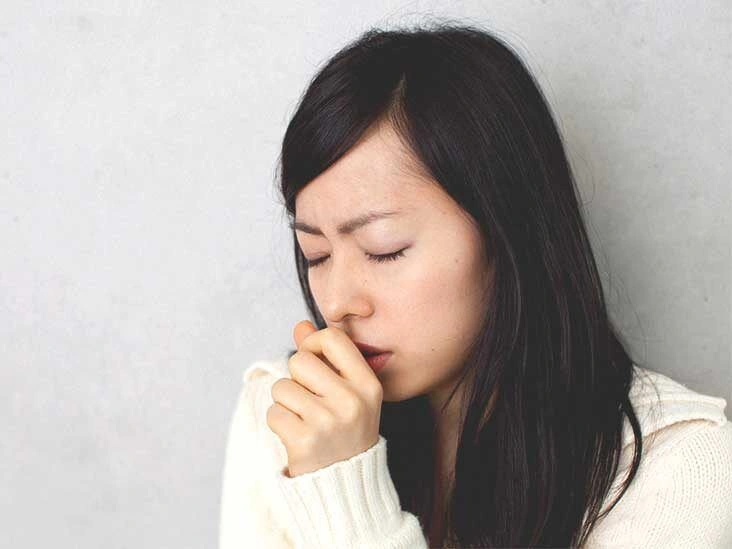


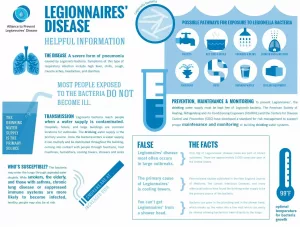



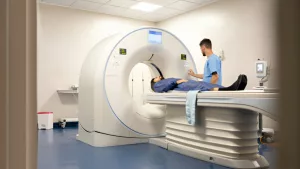


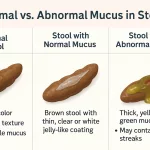



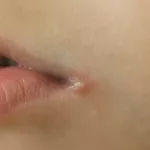


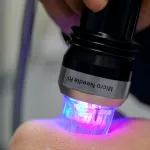






Leave a Reply
You must be logged in to post a comment.